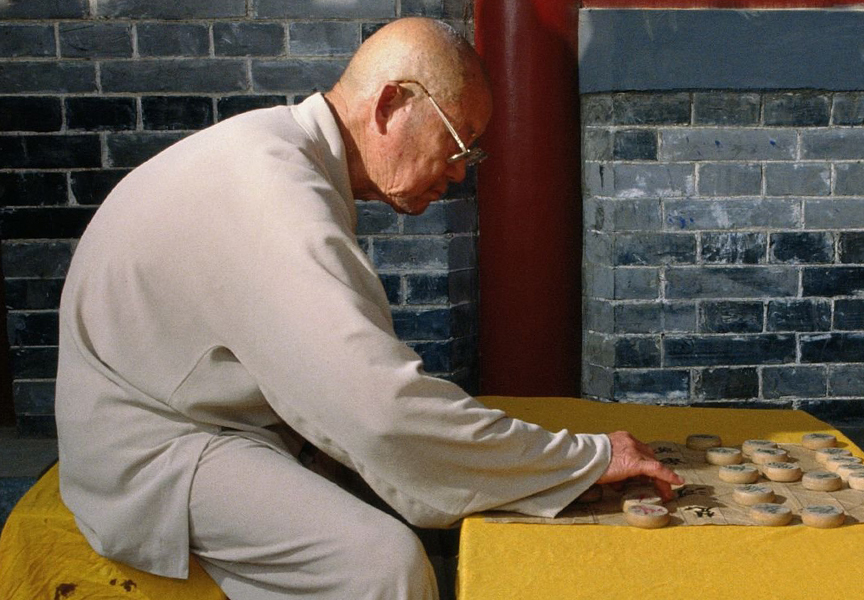Random Free Articles
- The Role of Belts in Kung Fu
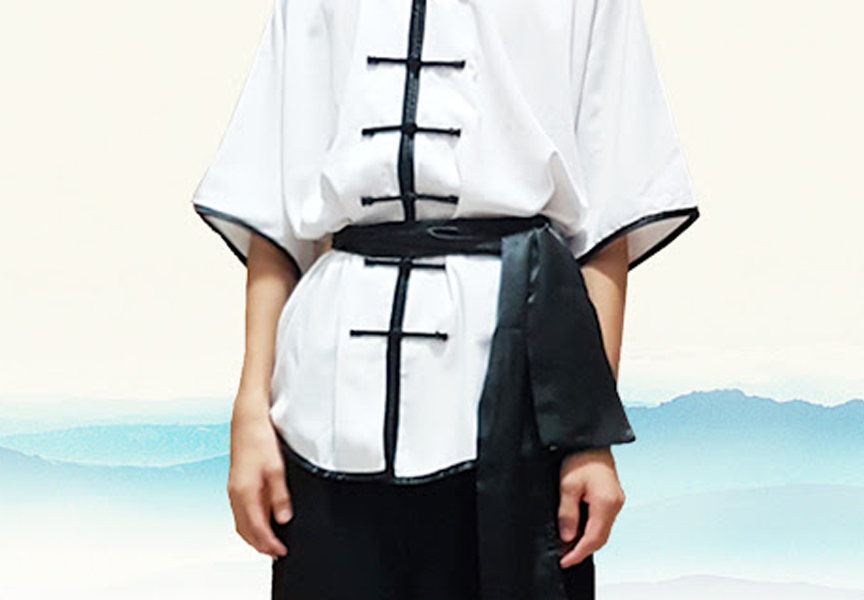
Kung Fu, a traditional Chinese martial art, is not only a physical discipline but also a way of life that encompasses philosophy, self-discipline, and spiritual development. Within the realm of Kung Fu, belts play a significant role in symbolizing a practitioner's level of skill, dedication, and understanding of the art. In this article, we will explore the history, meaning, and importance of belts in Kung Fu. Historical Context The…
- Sword Fingers of Taijiquan
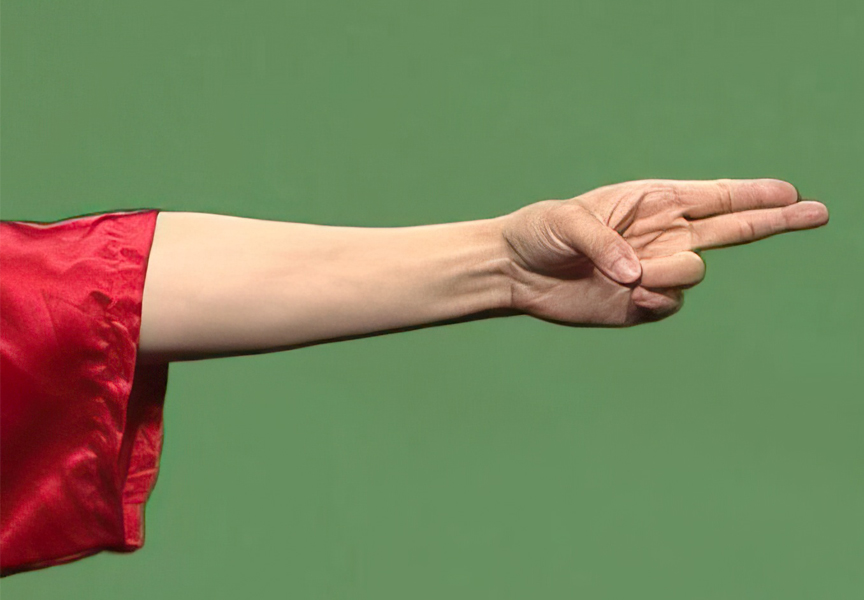
The Symbolism and Application of Two Fingers Pointing in Taijiquan Sword Taijiquan, often referred to as Tai Chi, is a Chinese martial art known for its slow, flowing movements and emphasis on internal energy cultivation. Within the vast realm of Taijiquan, there exists a unique and symbolic gesture – the use of two fingers pointing – particularly in the context of the Taijiquan sword, known as Sword Fingers [Chin.: Jiàn zhǐ 剑指].…
- Martial Arts for Seniors
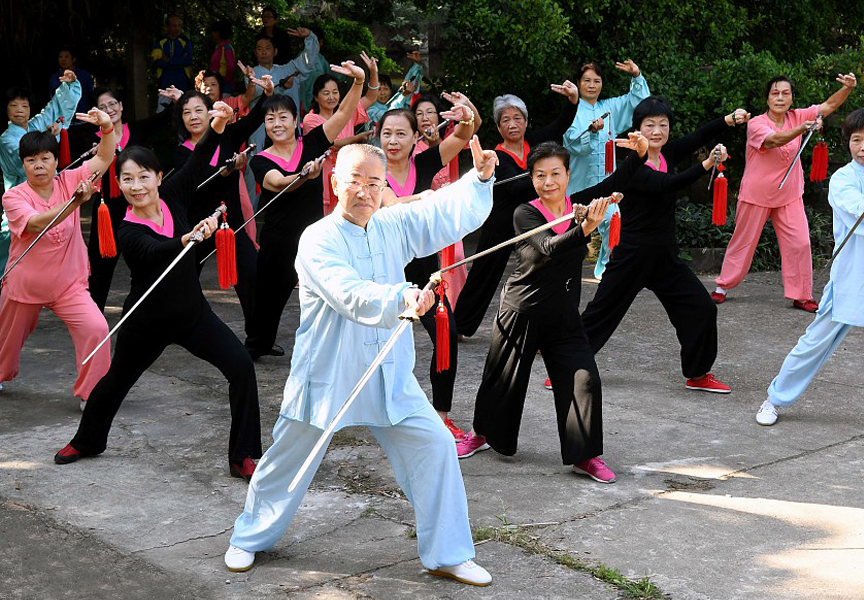
Breaking Stereotypes and Embracing Wellness Martial arts has long been associated with strength, agility, and discipline, typically seen as a pursuit for the young and physically fit. However, as attitudes toward aging and health evolve, so does the perception of activities like martial arts for seniors. The question arises: Is martial arts suitable for old people? In this article, we will explore the numerous benefits of martial arts for…
- Fenjie in Chinese Martial Arts
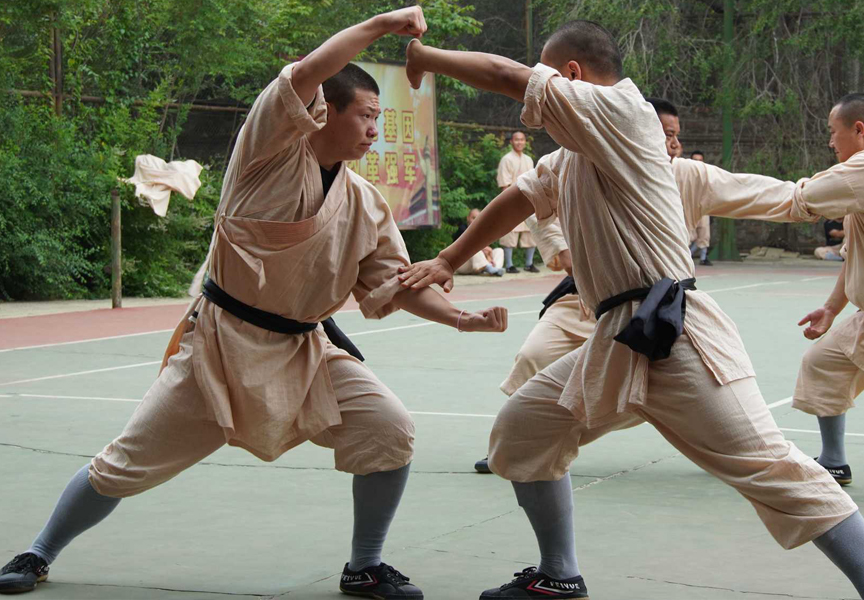
Dissecting Forms for Combat Mastery In the vast realm of Chinese martial arts, the term Fenjie, which translates to analysis or disassembly in English, holds significant importance. This concept is deeply embedded in the traditional practice of martial arts, especially when it comes to the study and application of various forms. Fenjie [Chin.: Fēnjiě 分解] involves the meticulous process of breaking down complex movements within a martial…
- Overcoming the First Hurdle
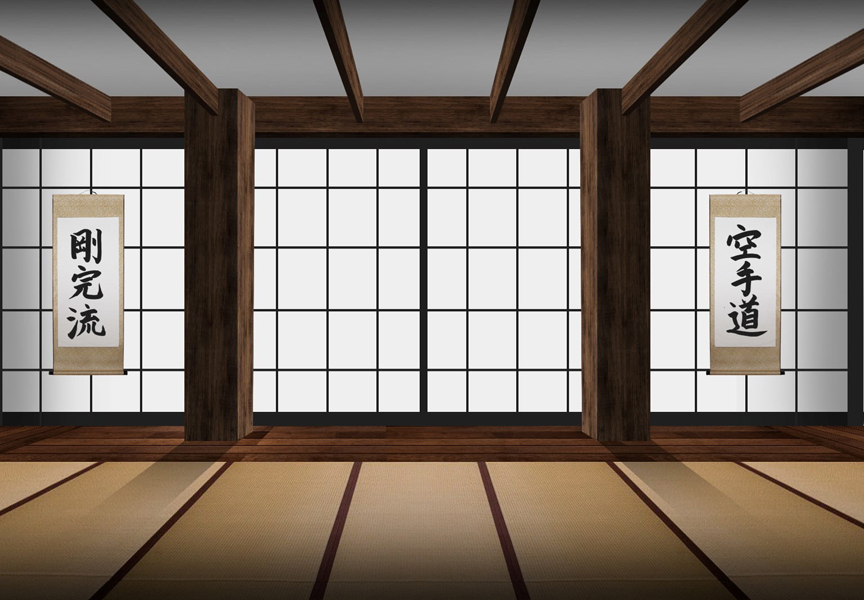
Walking into a Martial Arts Dojo for the First Time Embarking on the journey of learning martial arts can be a daunting prospect for many. The mystique surrounding the dojo and the myriad of preconceived notions can create mental barriers, often discouraging individuals from taking that first step through the front door. This article aims to demystify the most challenging part of starting martial arts – the initial act of walking into the…

